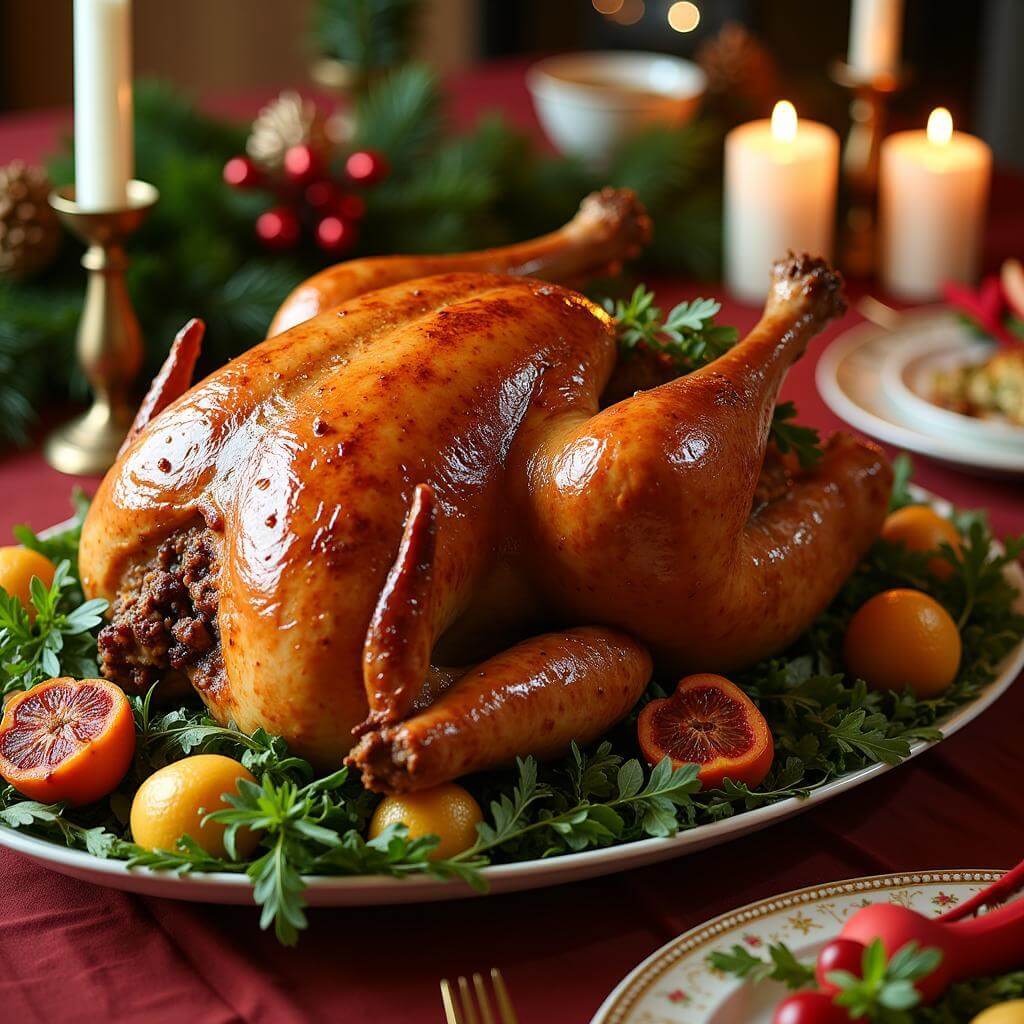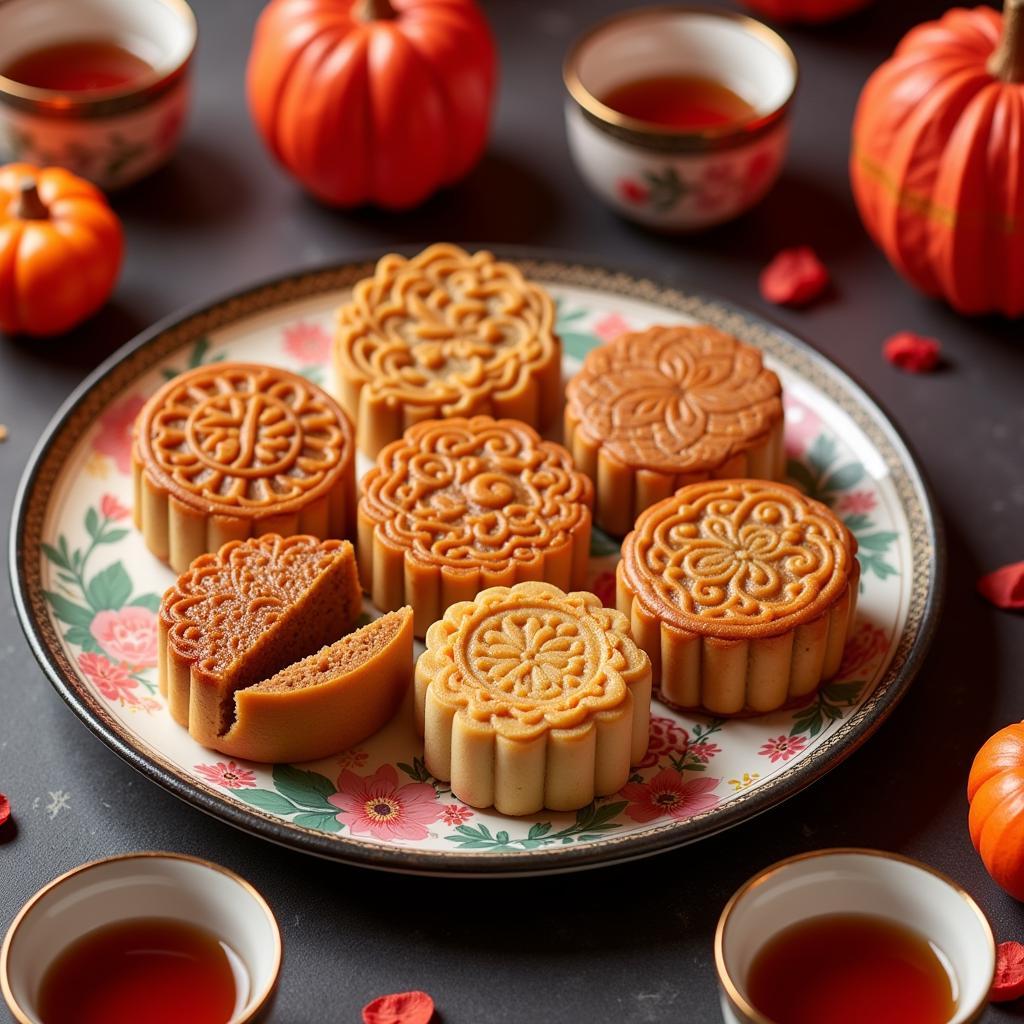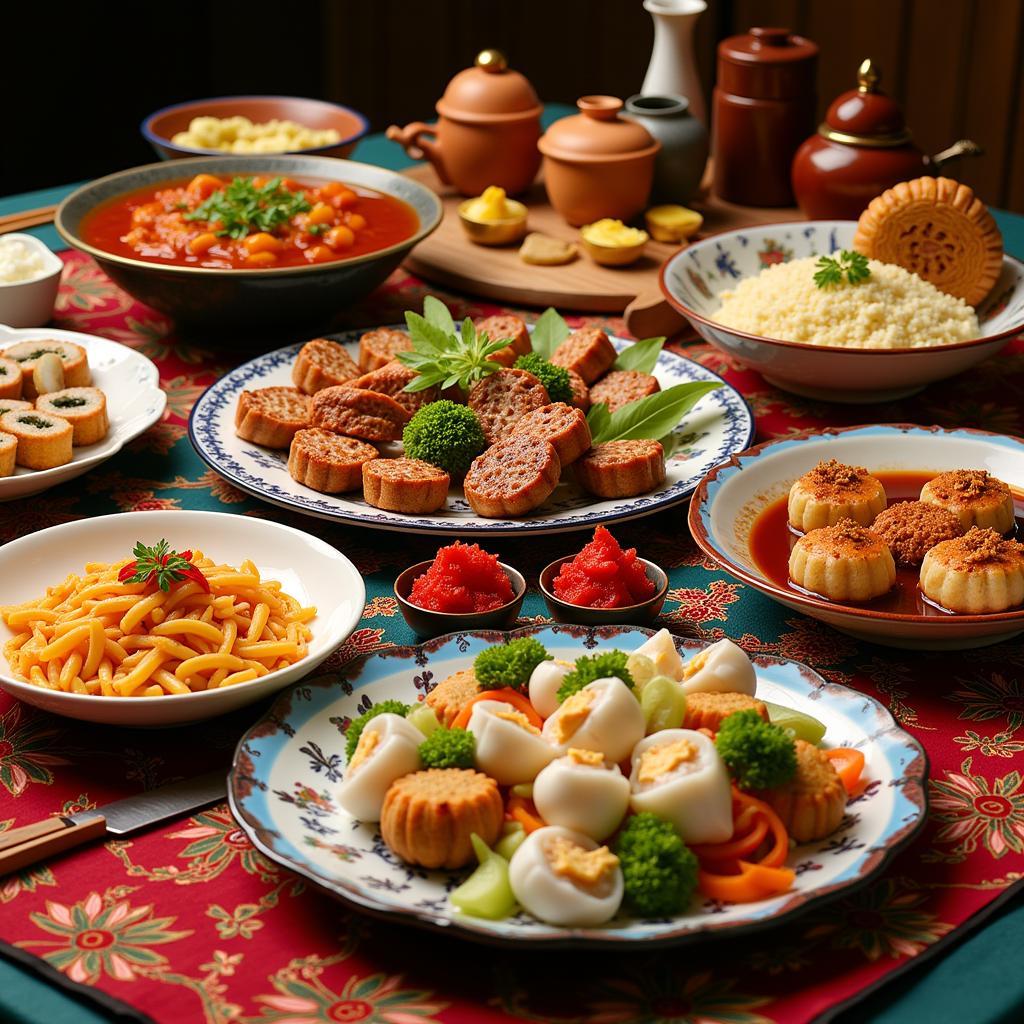The IELTS Speaking test often includes questions about food and special occasions, making it essential for candidates to be prepared to discuss these topics fluently. One common theme that frequently appears is describing a favorite food eaten during special occasions. This topic allows examiners to assess your ability to discuss personal experiences, cultural aspects, and food-related vocabulary. Let’s explore how to excel in answering such questions across all parts of the IELTS Speaking test.
Part 1: Introduction and Interview
In this section, the examiner may ask general questions about food and special occasions. Here are some common questions you might encounter:
- Do you have a favorite food for special occasions?
- What kind of food do people usually eat during festivals in your country?
- How often do you eat out for special occasions?
Let’s look at a sample answer for the first question:
Examiner: Do you have a favorite food for special occasions?
Candidate (Band 7-8 answer):
“Yes, I do. My go-to dish for special occasions is definitely roast turkey. It’s a classic choice for many holidays and celebrations in my family. I particularly enjoy it during Christmas dinner, when it’s usually served with all the trimmings like crispy roast potatoes, stuffing, and cranberry sauce. There’s something about the rich, savory flavor of the turkey and the festive atmosphere that makes it really special to me.”
This answer demonstrates good vocabulary use, personal context, and a clear structure, which are key elements for a higher band score.
 Roast turkey served as favorite food for special occasions
Roast turkey served as favorite food for special occasions
Part 2: Long Turn
For this part, you’ll be given a cue card with a topic and some bullet points to guide your speech. Here’s a sample cue card related to our theme:
Describe a favorite food you like to eat during a special occasion
You should say:
- What the food is
- When you usually eat it
- How it is prepared
- And explain why you like it so much for special occasionsSample Answer (Band 8-9)
“I’d like to talk about mooncakes, which are a delicacy I absolutely adore during the Mid-Autumn Festival, a significant holiday in Chinese culture.
Mooncakes are traditionally consumed during this festival, which usually falls in September or October according to the lunar calendar. It’s a time when families gather to appreciate the full moon and celebrate the harvest season.
The preparation of mooncakes is quite intricate. They’re typically made with a thin pastry skin enveloping a rich, dense filling. The most common varieties include fillings like lotus seed paste or red bean paste, often with salted egg yolks in the center to represent the full moon. The pastry is then pressed into elaborately carved wooden molds to imprint intricate designs on top, usually featuring Chinese characters for longevity or harmony.
I’m particularly fond of mooncakes for special occasions for several reasons. Firstly, their rich, sweet flavor is something I look forward to all year. But more than that, they hold a deep cultural significance. Sharing and gifting mooncakes during the Mid-Autumn Festival is a way to express love and best wishes to family and friends. The round shape of the mooncakes also symbolizes completeness and reunion in Chinese culture, which makes them perfect for a holiday centered around family gatherings.
Moreover, the artistry involved in creating these pastries is truly impressive. Each mooncake is like a small work of art, with delicate patterns adorning the top. This attention to detail adds to the sense of occasion when eating them.
In essence, mooncakes aren’t just a treat for the taste buds; they’re a feast for the eyes and a meaningful cultural tradition. The combination of flavor, symbolism, and craftsmanship makes them an ideal food for celebrating special moments and creating lasting memories with loved ones.”
 Mooncakes as a traditional delicacy for Mid-Autumn Festival
Mooncakes as a traditional delicacy for Mid-Autumn Festival
Follow-up Questions
- Has the way people celebrate this occasion changed over time?
- Do you think traditional foods are important for cultural identity?
Sample Answer (Band 8-9) for Question 1:
“Yes, I’d say the way people celebrate the Mid-Autumn Festival has evolved significantly over time. In the past, it was primarily a family-oriented celebration with simple traditions like moon-watching and sharing mooncakes. However, in recent years, it has become more commercialized, especially in urban areas.
Nowadays, we see a wider variety of mooncake flavors, including modern twists like chocolate or even ice cream mooncakes. There’s also been a shift towards more elaborate packaging, with some brands offering luxury gift boxes that are almost as prized as the mooncakes themselves.
Additionally, many cities now organize large-scale events like lantern festivals or cultural performances to mark the occasion. While these changes have added new dimensions to the celebration, there’s also been a growing awareness about maintaining the festival’s cultural roots. As a result, we’re seeing a resurgence of interest in traditional customs and homemade mooncakes among younger generations, striking a balance between innovation and tradition.”
This answer demonstrates a good understanding of cultural changes over time, uses appropriate vocabulary, and provides a balanced view of traditional and modern aspects.
Part 3: Two-way Discussion
In this section, the examiner will ask more abstract questions related to the topic. Here’s a sample question and answer:
Examiner: How do you think globalization has affected traditional foods in different cultures?
Candidate (Band 8-9 answer):
“Globalization has had a profound impact on traditional foods across cultures, with both positive and negative consequences. On one hand, it has led to a greater appreciation and awareness of diverse cuisines. People now have unprecedented access to ingredients and dishes from around the world, which has broadened culinary horizons and fostered cultural exchange.
However, this global food culture has also posed challenges to traditional cuisines. In some cases, it has led to the homogenization of food habits, with local specialties being overshadowed by international fast food chains. This trend can potentially erode culinary heritage and the unique food identities of different regions.
That being said, globalization has also sparked a counter-movement of sorts. There’s a growing interest in preserving and reviving traditional foods as people recognize their cultural value. Many chefs and food enthusiasts are now working to reinvent traditional recipes with modern twists, making them more appealing to younger generations while maintaining their essence.
Moreover, the global market has provided opportunities for traditional foods to gain international recognition. For instance, foods like sushi or pizza, which were once specific to certain cultures, have now become global favorites while still retaining their cultural significance.
In conclusion, while globalization presents challenges to traditional foods, it also offers opportunities for their preservation and evolution. The key lies in striking a balance between embracing culinary diversity and maintaining cultural food traditions.”
This answer demonstrates a sophisticated understanding of the topic, uses advanced vocabulary, and provides a well-balanced argument with specific examples.
Key Vocabulary and Phrases
To elevate your speaking performance, incorporate these sophisticated words and phrases:
-
Culinary heritage (noun) – the traditional dishes and cooking methods of a particular culture
Example: Preserving our culinary heritage is crucial for maintaining our cultural identity. -
Gastronomic delight (noun phrase) – a food that is extremely pleasing to taste
Example: The complex flavors of the dish were a true gastronomic delight. -
To savor (verb) – to enjoy food or an experience slowly, in order to appreciate it fully
Example: I like to savor every bite of the special dessert during our family gatherings. -
Epicurean (adjective) – devoted to the pursuit of sensual pleasure, especially to the enjoyment of good food and comfort
Example: The restaurant offers an epicurean experience with its carefully crafted menu. -
Culinary prowess (noun phrase) – great skill in cooking
Example: The chef’s culinary prowess was evident in every dish she prepared.
 Culinary heritage represented by traditional dishes
Culinary heritage represented by traditional dishes
Examiner’s Advice
To achieve a high score in the IELTS Speaking test, particularly when discussing favorite foods for special occasions, consider the following tips:
-
Develop your vocabulary: Use a range of descriptive words to talk about food, cooking methods, and cultural significance. This will help you express your ideas more precisely and impressively.
-
Practice fluency: Work on speaking smoothly and confidently about food-related topics. Try to minimize pauses and hesitations by regularly discussing these themes with others or recording yourself.
-
Provide personal examples: Always relate your answers to personal experiences or observations. This adds authenticity to your responses and demonstrates your ability to use English in real-life contexts.
-
Elaborate on your answers: Don’t just give short, simple responses. Expand on your ideas, provide reasons for your opinions, and discuss different aspects of the topic.
-
Be culturally aware: Show your understanding of how food relates to culture, traditions, and social interactions. This demonstrates a broader perspective and can lead to more interesting discussions.
-
Use idiomatic expressions: Incorporate relevant idioms or expressions related to food and celebrations to showcase your language proficiency.
-
Structure your answers: Especially in Part 2, organize your thoughts logically. Use discourse markers to connect your ideas and make your speech easy to follow.
-
Stay on topic: While it’s good to elaborate, make sure your answers remain relevant to the question asked. This shows good listening skills and the ability to provide focused responses.
By incorporating these strategies and continuously practicing, you can significantly improve your performance in the IELTS Speaking test, particularly when discussing favorite foods for special occasions.
If you’re interested in exploring related topics, you might find it helpful to describe a traditional dish you enjoy or describe a memorable picnic you had with family or friends. These topics can provide additional practice in discussing food and special occasions, further enhancing your speaking skills for the IELTS test.


